|
|||||||||||
SYDNEY - After the worst floods in half a century, Thailand has started the massive cleanup as foreign manufacturers count the cost and reconsider their options.
Aon Benfield, a subsidiary of Chicago-based insurance broker Aon Corp, said in a Dec 6 report that industry losses could exceed $10 billion while economic losses may be as high as $45 billion.
Zurich-based insurer Swiss Re said its exposure will exceed $500 million.
|
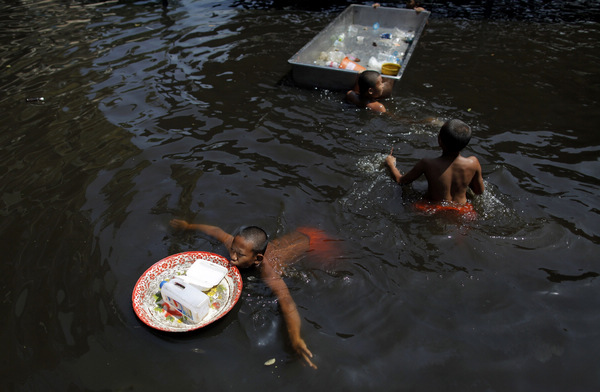 |
|
THAILAND: Novice Buddhist monks swim to collect garbage around the flooded Wat Preak Prachkor temple in Pathum Thani province, a suburb of Bangkok, on Oct 19. Damir Sagolj / Reuters |
"Apart from the human cost, the impact of this flood on the Thai economy and companies that operate there is likely to be significant and could last for some time," Swiss Re's chief underwriting officer, Brian Gray, said in a statement. "For weeks now, industrial estates have been underwater, cutting the supply of key parts to global car makers and digital and electronic goods manufactures."
Thailand's deputy prime minister, Kittiratt Na-Ranong, said he expects the economy to expand 7 percent next year despite the Bank of Thailand's forecast of 4.8 percent.
The bank cut interest rates from 3.5 percent to 3.25 percent, saying the impact of the floods has severely damaged the economy. It was the first rate cut since April 2009.
Computer industry
Among the hardest-hit businesses are the hard drive companies whose factories are situated in massive industrial parks around Bangkok. Trade journals have reported that US hard drive giant Western Digital and Japan's Toshiba are not expected to resume normal production until late next year.
Matthew Wilkins, a senior analyst with market research firm IHS iSuppli, estimates that PC shipments will fall by 3.8 million in the first quarter of 2012. In his assessment, the expansion of global PC shipments next year will drop to 2.7 percent, in contrast to the 9.5 percent that was forecast in August.
Western Digital said the flooding will likely knock $225 million to $275 million off its bottom line for the quarter ending Dec 31.
Thailand is the world's second largest producer of hard disk drives for computers, supplying more than 40 percent of the world market. The shortage has pushed up hard drive prices, and PC and notebook manufacturers such as Dell, HP and Apple are expected to raise their prices next year.
It has also been reported that independent computer makers are already bearing the brunt, and have raised PC prices by up to 20 percent as they source drives through distributors or the open market.
The larger companies have managed to keep their prices low because they have large inventories, but as these stockpiles start to disappear, they too will be forced to raise prices, analysts say. Analysts also predict hard-drive prices could rise by as much as 20 to 30 percent by the first quarter of next year.
Autos and cameras
Another sector of the economy that has also been particularly hard hit is the automotive industry.
On Dec 5, Honda announced its decision to suspend operations at its plants in Taiwan and Malaysia because of the lack of parts from Thailand. The supply of accessories and spares to the US, Europe and Southeast Asia has also been affected.
Honda has been the hardest hit of all Japanese carmakers in Thailand. Its plant is still underwater, and it is uncertain when production will resume. Some analysts have said the plant will most likely need to be rebuilt.
Nissan, too, is reeling under a severe shortage of parts. With its facilities in Thailand at a standstill, it is now looking at India as its export base for vehicles to the Middle East.
Japanese camera manufacturer Nikon plans to resume limited operations in some of its Thai plants next month. Although the initial damage assessment to its buildings and production equipment is unclear, analysts have estimated losses of about $320 million in operational income and $832 million in sales.
Where next?
One of the problems facing companies now is whether to rebuild or move to sites away from the capital and on higher ground to escape future flooding.
Songpol Chevapanyaroj, executive vice-president of Kasikorn Bank in Thailand, was quoted recently as saying the northeastern provinces of Nakhon Ratchasima, Kabin Buri, Sa Kaew and some parts of the eastern seaboard are among the top relocation destinations being considered for factories owned by Japanese and other foreign investors.
Hot Topics
HIV/AIDS, Egypt protest, Thanksgiving, climate change, global economic recovery, home prices, high-speed railways, school bus safety, Libya situation, Weekly photos
Editor's Picks
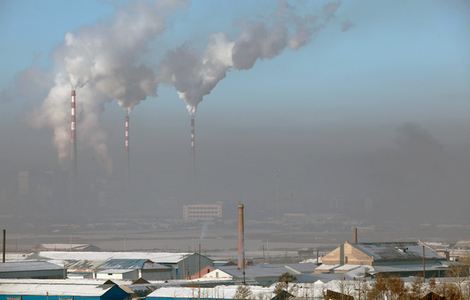
|
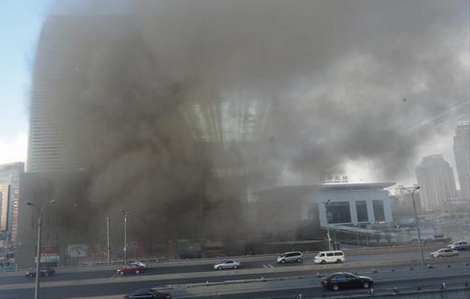
|
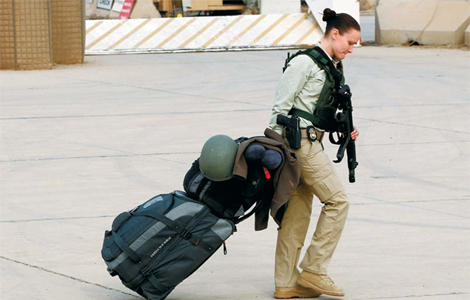
|
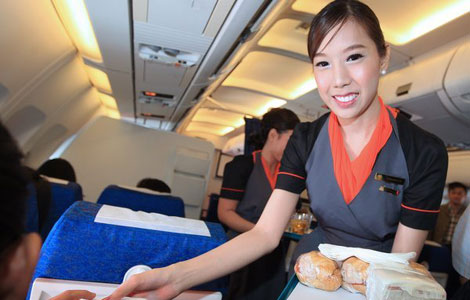
|

|

|







